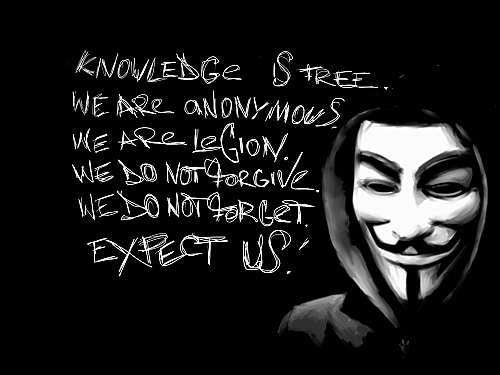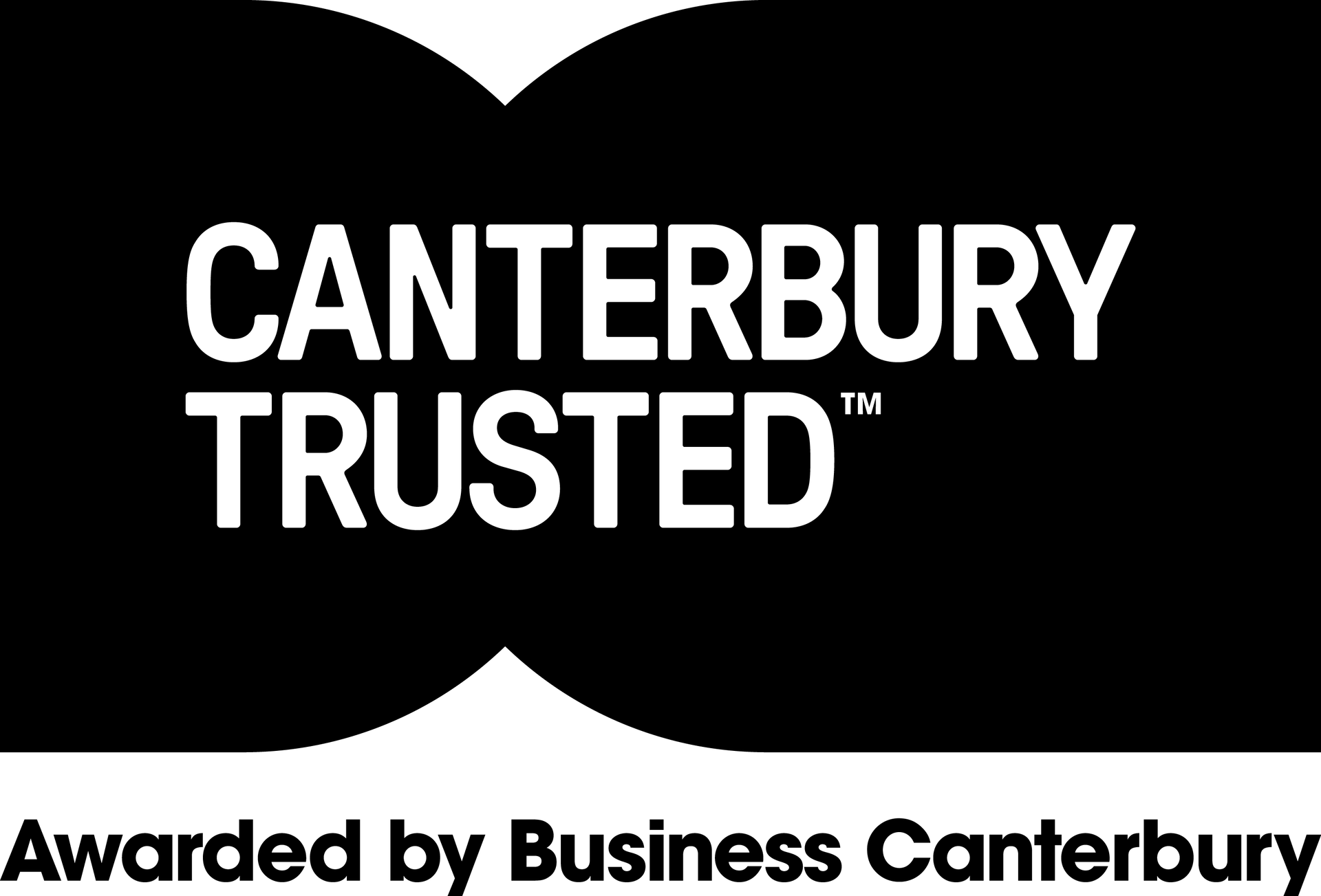Security News
July 13, 2017
When we think of hackers we mostly assume these are individuals working alone. This is far from the truth with communities of hackers working together, mostly to the detriment of governments and organizations.
“Anonymous” is a loosely associated international network of activist and hacktivist entities. A website nominally associated with the group describes it as "an Internet gathering" with "a very loose and decentralized command structure that operates on ideas rather than directives". The group became known for a series of well-publicized publicity stunts and distributed denial-of-service (DDoS) attacks on government, religious, and corporate websites.
Anonymous originated in 2003 on the imageboard 4chan, representing the concept of many online and offline community users simultaneously existing as an anarchic, digitized global brain. Anonymous members (known as "Anons") can be distinguished in public by the wearing of Guy Fawkes masks in the style portrayed in the graphic novel and film V for Vendetta.
In its early form, the concept was adopted by a decentralized online community acting anonymously in a coordinated manner, usually toward a loosely self-agreed goal, and primarily focused on entertainment, or "lulz". Beginning with 2008's Project Chanology—a series of protests, pranks, and hacks targeting the Church of Scientology—the Anonymous collective became increasingly associated with collaborative hacktivism on a number of issues internationally. Individuals claiming to align themselves with Anonymous undertook protests and other actions (including direct action) in retaliation against copyright-focused campaigns by motion picture and recording industry trade associations. Later targets of Anonymous hacktivism included government agencies of the U.S., Israel, Tunisia, Uganda, and others; the Islamic State of Iraq and the Levant; child pornography sites; copyright protection agencies; the Westboro Baptist Church; and corporations such as PayPal, MasterCard, Visa, and Sony.
Anons have publicly supported WikiLeaks and the Occupy movement. Related groups LulzSec and Operation AntiSec carried out cyberattacks on U.S. government agencies, media, video game companies, military contractors, military personnel, and police officers, resulting in the attention of law enforcement to the groups' activities. Some actions by members of the group have been described as being anti-Zionist. It has threatened to cyber-attack Israel and engaged in the "#OpIsrael" cyber-attacks of Israeli websites on Yom HaShoah (Holocaust Remembrance Day) in 2013.
Anonymous have also joined the fight against terrorism. The group announced a major, sustained operation against ISIS following the November 2015 Paris attacks, declaring "Anonymous from all over the world will hunt you down. You should know that we will find you and we will not let you go” ISIS responded by calling them “idiots” and asking “What they gonna hack?”.
By the next day, however, Anonymous claimed to have taken down 3,824 pro-ISI Twitter accounts, and by the third more than 5,000. A week later, Anonymous increased their claim to 20,000 accounts and released a list of the accounts.


